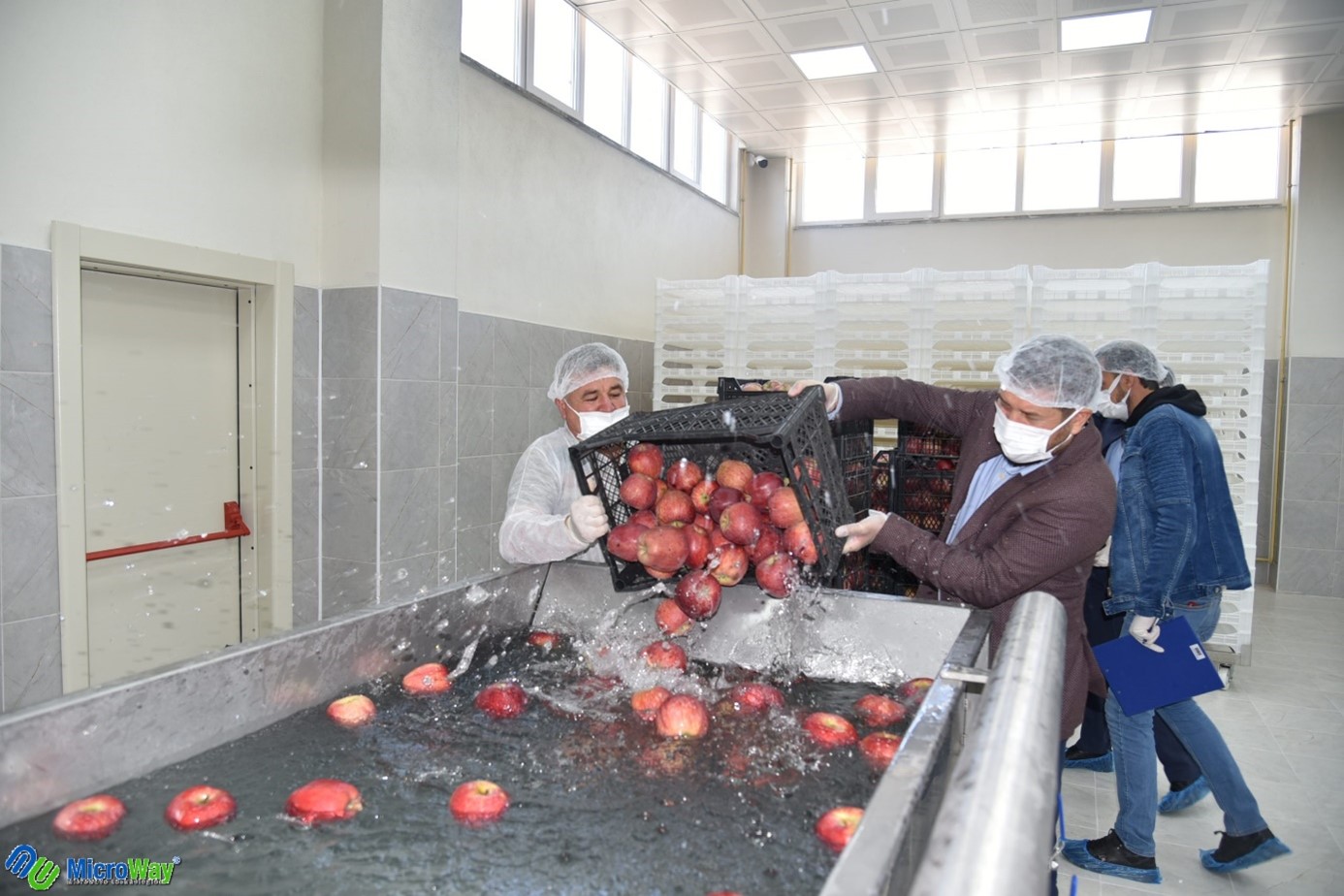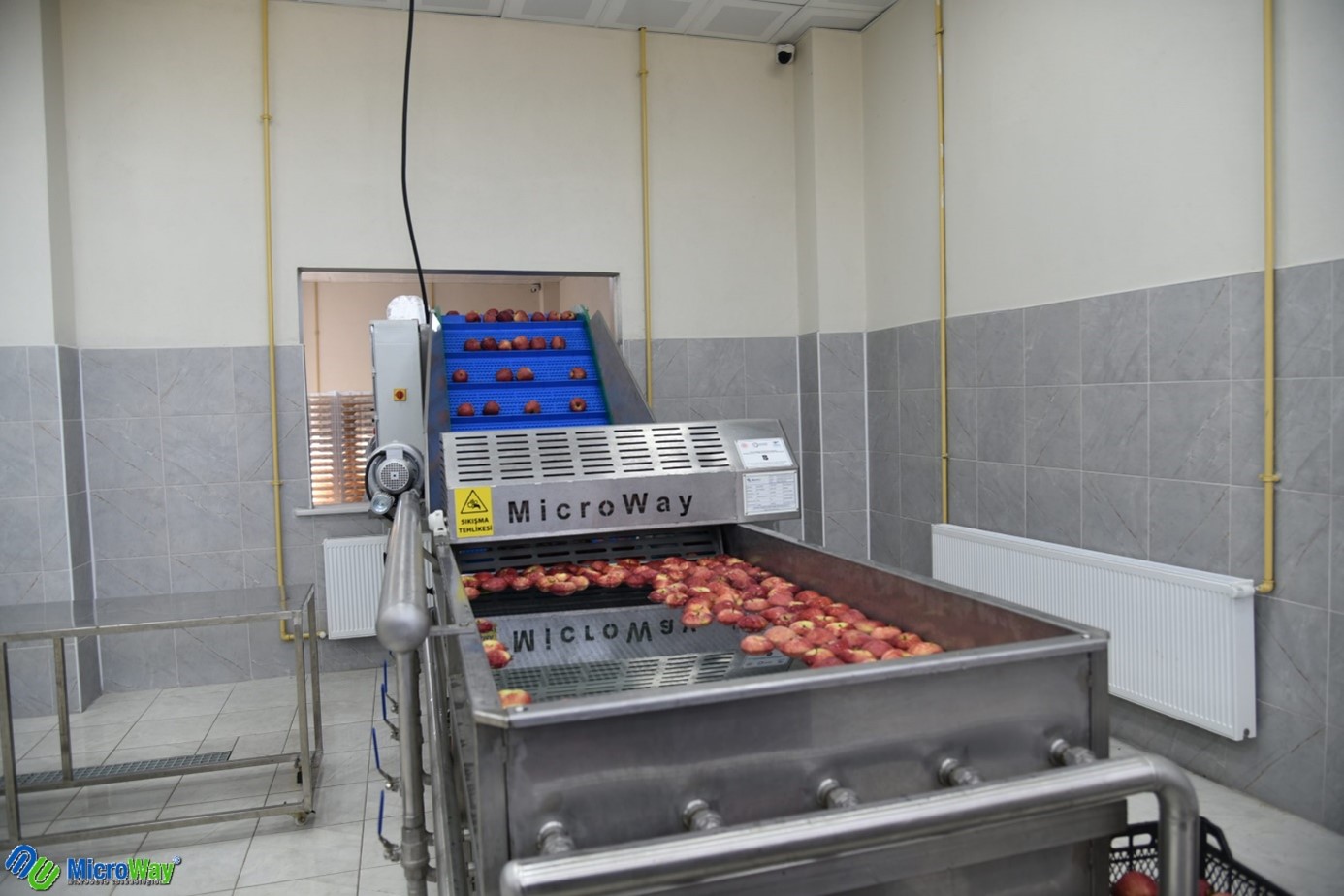Introduction:
In the heart of Iraq’s agricultural landscape, a wave of hygiene and efficiency is reshaping traditional practices with the integration of vegetable washing basins. This article explores the applications, benefits, and evolving role of these specialized basins in enhancing hygiene standards and agricultural efficiency in Iraq.

Agricultural Dynamics in Iraq:
Iraq’s rich agricultural heritage is undergoing a transformation with the adoption of modern practices, and vegetable washing basins play a crucial role in this evolution. These specialized basins cater to the specific needs of Iraqi farmers, ensuring the cleanliness and safety of vegetables from harvest to market.
Understanding Vegetable Washing Basins:
Vegetable washing basins are designed to provide a controlled and hygienic environment for washing harvested produce. In Iraq, where agricultural practices are diverse and the climate can pose challenges, these basins offer a reliable solution for maintaining the quality and safety of vegetables.
Applications in Iraqi Agriculture:
Farm Level: Vegetable washing basins are employed at the farm level to ensure that freshly harvested produce is thoroughly cleaned before being sent to markets or processing facilities.
Marketplaces: In local markets across Iraq, these basins contribute to the overall hygiene standards, assuring consumers of the cleanliness and safety of the vegetables they purchase.
Processing Facilities: Larger-scale agricultural operations and processing facilities utilize vegetable washing basins to meet regulatory standards and ensure the safety of processed vegetable products.
Hygiene and Safety:
One of the primary advantages of vegetable washing basins is their contribution to enhanced hygiene and safety. By providing a controlled washing environment, these basins reduce the risk of contamination and ensure that vegetables reach consumers in a safe and clean state.
Adaptability to Iraqi Agriculture:
The adaptability of vegetable washing basins to the diverse agricultural practices in Iraq is crucial. From small-scale family farms to larger commercial operations, these basins offer a versatile solution that aligns with the varied needs of Iraqi agriculture.

Technological Integration:
Modern vegetable washing basins often integrate advanced features such as water filtration systems, adjustable water pressure, and sanitation mechanisms. This technological integration aligns with Iraq’s commitment to agricultural modernization and food safety.
Challenges and Progress:
While the adoption of basins brings numerous benefits, challenges include initial investment costs and the need for training. However, as Iraqi farmers and stakeholders recognize the long-term advantages, the integration of these basins is on the rise.
Future Prospects:
As Iraq continues to invest in advancing its agricultural practices, the future of basins in the country looks promising. Continued research, development, and collaboration with international partners contribute to the ongoing evolution of hygiene standards in Iraqi agriculture.

